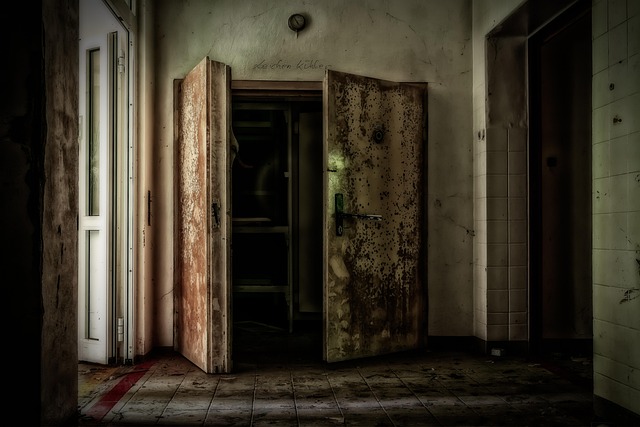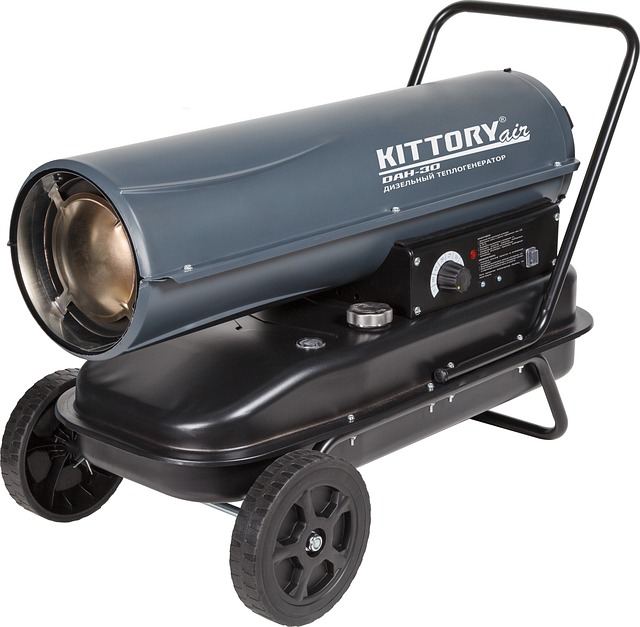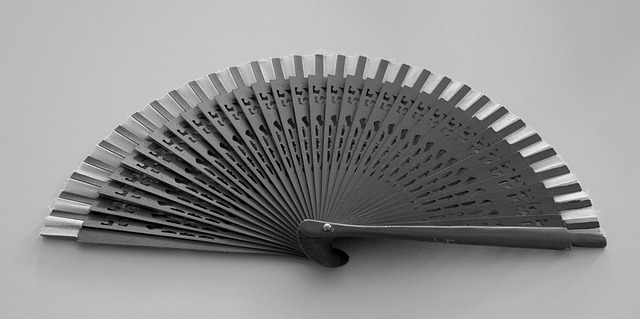Commercial electric boilers have transformed space heating and hot water supply in modern industrial and institutional settings with their reliability, efficiency, and cleanliness. Modular systems cater to diverse needs, saving space and reducing costs for sectors like healthcare, education, and hospitality. Compact designs optimize floor space, offering a cost-effective alternative to traditional high-capacity models. Integration requires careful planning, considering advanced technologies and flexible installation, while regular maintenance ensures optimal efficiency and safety.
In today’s compact facility design, efficient space utilisation is paramount. Commercial electric boilers step up as a solution to this challenge, offering both heating power and versatility in tight mechanical rooms. This article explores why these compact units are gaining traction. We delve into the importance of commercial electric boilers, the unique challenges of limited space, and the significant benefits of their design. Additionally, we provide expert guidance on selection, installation, and maintenance for optimal performance.
- Understanding Commercial Electric Boilers' Importance
- Space Constraints: A Challenge for Mechanical Rooms
- Benefits of Compact Electric Boiler Designs
- Selection Criteria for Tight Fit Boilers
- Installation and Maintenance Tips for Efficient Operation
Understanding Commercial Electric Boilers' Importance

Commercial electric boilers play a pivotal role in modern industrial and institutional settings, offering a reliable and efficient solution for space heating and hot water supply. These advanced systems have transformed the way facilities manage their thermal requirements, especially in tight mechanical rooms where space is limited. By harnessing the power of electricity, commercial electric boilers provide a clean and sustainable alternative to traditional gas or oil-fired counterparts.
The integration of electric heating systems, particularly high-capacity electric boilers, has led to significant advancements in commercial boiler technology. Energy-efficient models, such as electric steam boilers and hot water boilers, contribute to reduced carbon footprints and lower operating costs. Moreover, modular boiler systems allow for easy installation and scalability, catering to the diverse needs of various industries, including healthcare, education, and hospitality, where efficient and effective institutional heating is paramount.
Space Constraints: A Challenge for Mechanical Rooms

Mechanical rooms, by their very nature, are often constrained spaces, facing a unique set of challenges when it comes to accommodating large-scale equipment like commercial boilers. With limited real estate, facilities managers must carefully consider the layout and selection of every component to ensure optimal performance and efficient operation. This is especially true for commercial electric boilers, which demand precise fitting within these tight quarters. The challenge lies in integrating high-capacity electric heating systems without compromising on space or sacrificing functionality.
In such scenarios, commercial boiler technology needs to be modular and adaptable, allowing for flexible deployment to meet the specific demands of institutional heating requirements. Energy-efficient boilers, like electric steam boilers and electric hot water boilers, offer a viable solution by providing robust performance in compact packages. These advanced systems can form part of a comprehensive commercial HVAC system, contributing to overall energy efficiency while ensuring reliable industrial electric heating for various applications, from space heating to process requirements.
Benefits of Compact Electric Boiler Designs

Compact commercial electric boilers are revolutionizing mechanical rooms with their efficient and space-saving designs. These advanced systems offer numerous advantages for institutions seeking reliable heating solutions. By integrating modular boiler systems, facilities can optimize floor space while achieving superior energy efficiency, a key benefit in reducing operational costs.
The versatility of commercial electric boilers allows them to adapt to various applications, from institutional heating to commercial HVAC systems. Unlike traditional high capacity electric boilers, compact models excel in providing precise temperature control and quick response times. This ensures efficient heating without unnecessary energy wastage, making them an environmentally friendly option for those seeking sustainable electric heating solutions.
Selection Criteria for Tight Fit Boilers

When selecting commercial electric boilers for tight mechanical rooms, several critical factors come into play to ensure optimal fitting and performance. Firstly, consider the commercial boiler technology available in the market catering to compact designs. Modular boiler systems offer a flexible approach, allowing for easy installation in confined spaces while maintaining efficient heating capabilities. These systems are particularly useful for institutional heating applications where space is limited but consistent hot water or steam supply is required.
The choice of high capacity electric boilers or energy-efficient models depends on the specific needs of your commercial HVAC system. Electric heating systems, especially electric steam boilers and electric hot water boilers, provide a reliable source of thermal energy without the space-consuming components of traditional gas boilers. This is ideal for facilities seeking to maximize floor space while maintaining efficient and effective industrial electric heating.
Installation and Maintenance Tips for Efficient Operation

The successful installation and ongoing maintenance of compact commercial electric boilers are key to ensuring their efficient operation in tight mechanical rooms. When installing these boilers, it’s crucial to consider the specific space constraints and ensure proper ventilation to maintain optimal performance and safety. Properly sizing the boiler for the heating load is essential, balancing the need for enough capacity without overloading the system.
Regular maintenance includes checking electrical connections, inspecting for any signs of damage or corrosion, and regularly replacing filters. It’s also important to stay current on manufacturer recommendations regarding service intervals. By following these tips, facility managers can leverage the benefits of commercial electric boilers—such as their energy efficiency, reduced emissions, and quieter operation compared to traditional gas or oil systems—to provide reliable institutional heating and hot water for modern, bustling facilities.
Commercial electric boilers, despite their compact size, offer robust heating solutions tailored for mechanical rooms with limited space. By leveraging advanced design principles, these boilers enhance efficiency and safety while ensuring optimal utilization of valuable real estate. When selecting and installing these units, adhering to specific criteria ensures hassle-free operation, maximizing the benefits of this sustainable and space-saving technology.






